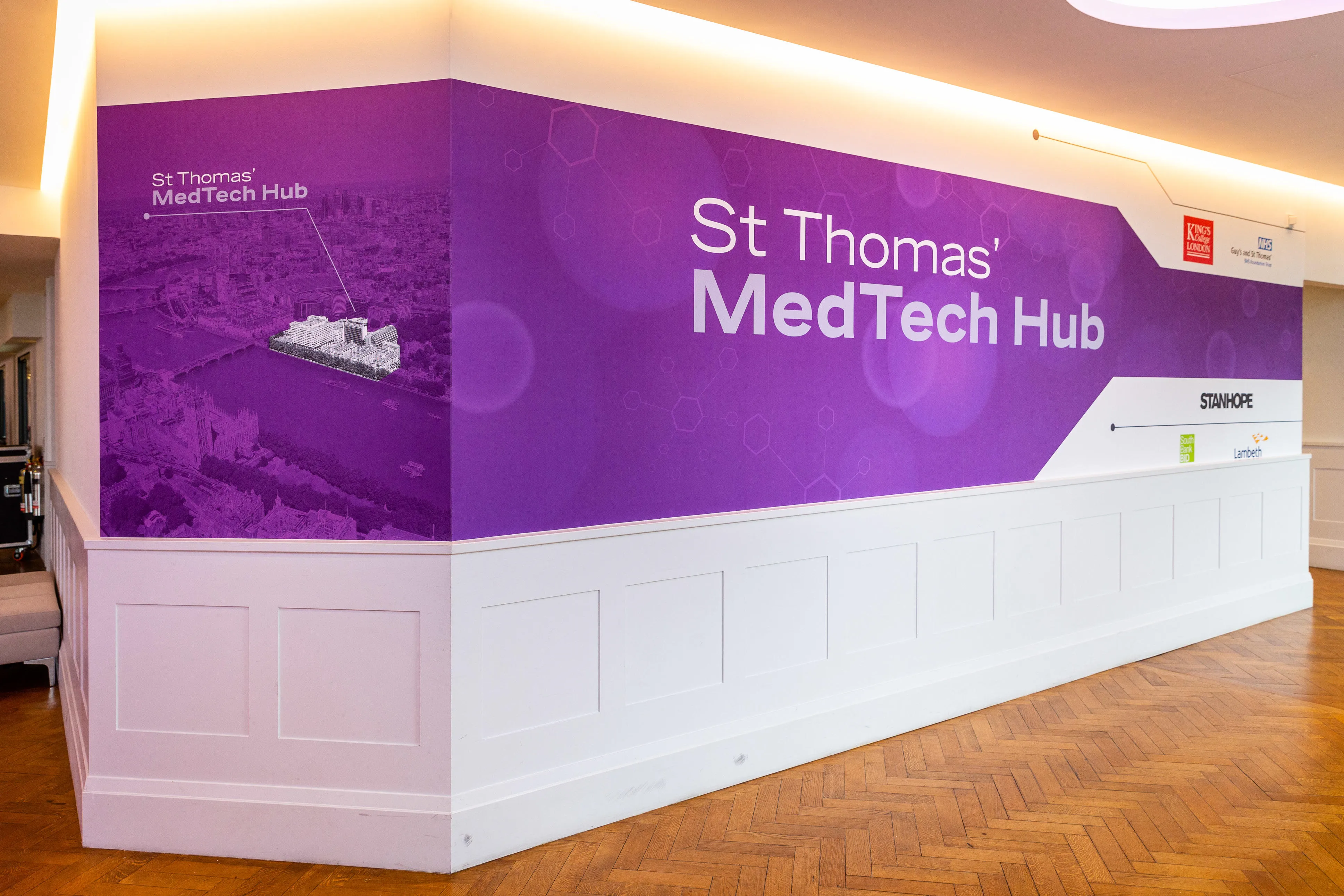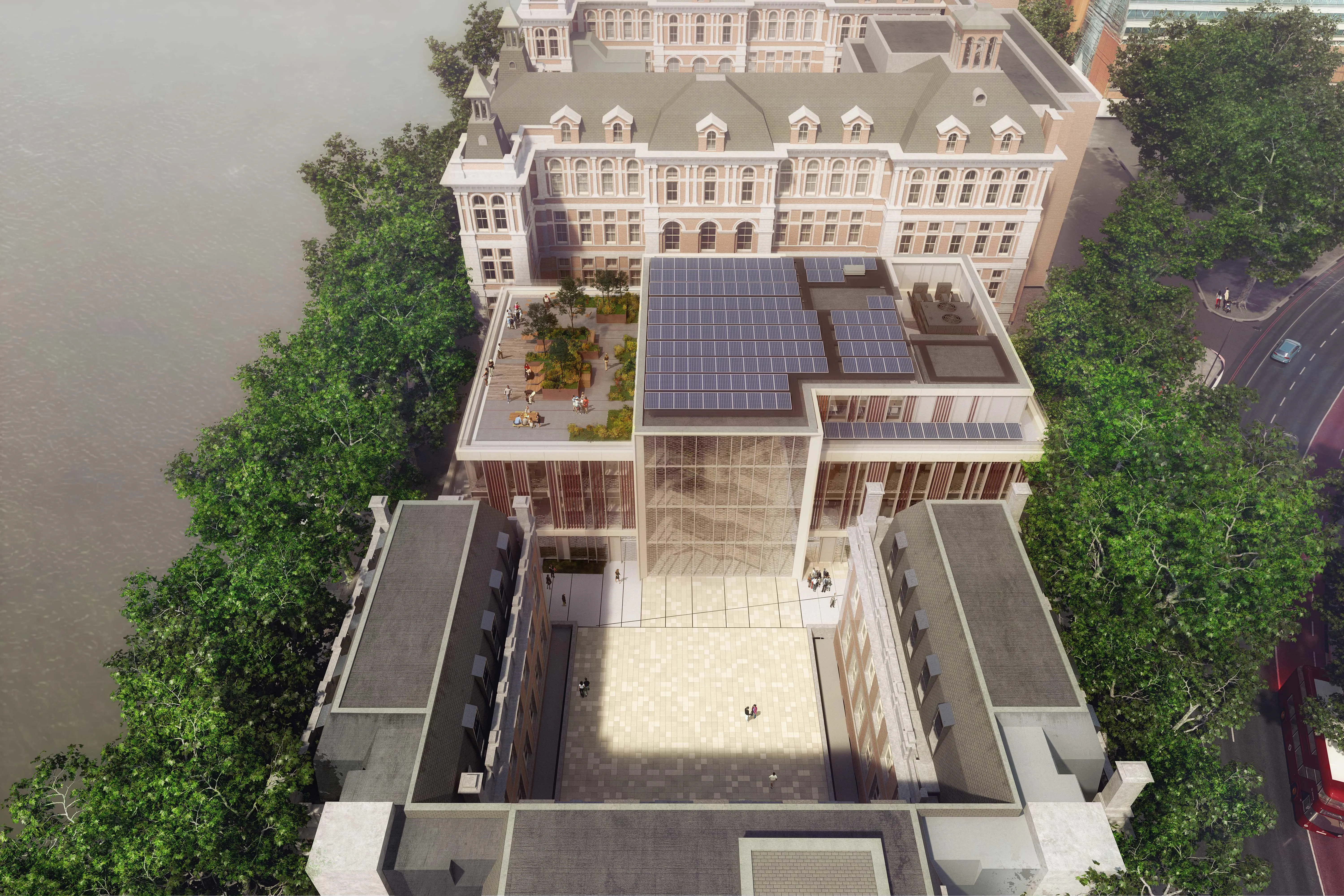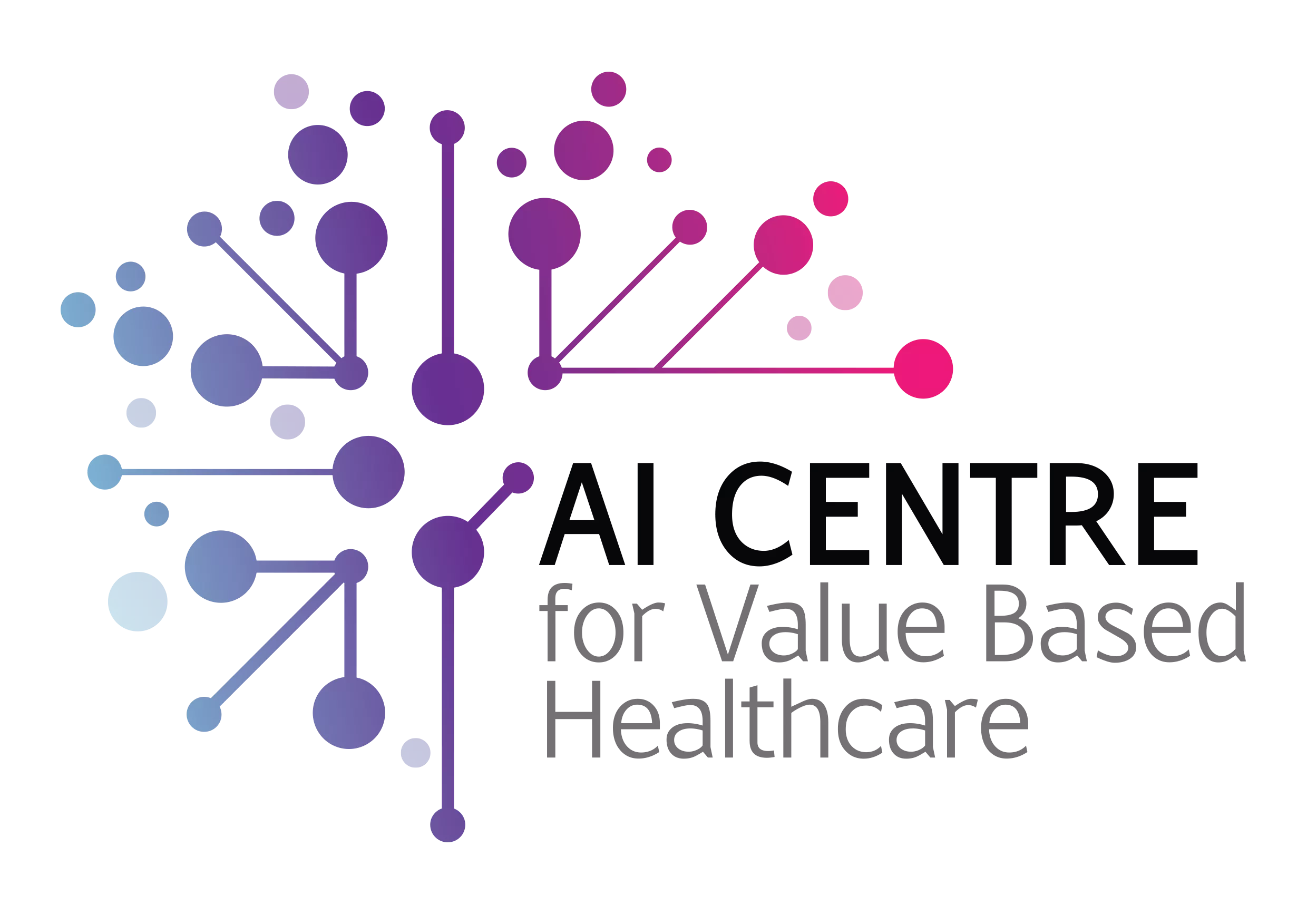The School of Biomedical Engineering & Imaging Sciences has a rich research and development environment. It is committed to nurturing scholarship, to developing new insights and promoting a wider understanding of the world in which we live. Our researchers work towards different types of discoveries, benefitting the global reserve of knowledge and contributing to major shifts in thinking and engineering better health.
Strategic Initiatives & Investments

St Thomas' MedTech Hub
Senior leaders from King’s College London, Guy’s and St Thomas’ NHS Foundation Trust as well as key commercial partners introduced the ambitious endeavour which aims to create an ecosystem where we can translate research into health and economic impact. This will be delivered by facilitating intensive collaboration between sectors on cutting-edge projects which range from novel digital health technologies to life-saving invasive medical devices.

The London Institute for Healthcare Engineering (LIHE)
Set for completion October 2023, LIHE will be embedded within St Thomas’ campus bringing together King’s research excellence, Guy's and St Thomas' NHS Foundation Trust’s leading clinical practice and the MedTech sector’s commercial innovation power and talent, engaging multinationals, SMEs and start-ups simultaneously.
King's Advanced MRI Centre
The Advanced MRI Centre is a full clinical environment in Guy’s and St Thomas’, in addition to a collaborative research space, clinical preparation area and engineering lab to help push forward new imaging methods and technologies.

London Medical Imaging & AI Centre for Value Based Healthcare
The AI Centre is a consortium of academic, NHS and industry partners led by King’s and based at St Thomas’ Hospital. Their diverse research teams are training sophisticated artificial intelligence algorithms from a vast wealth of NHS medical images and patient pathway data to create new healthcare tools.
Manufacture of Active Implants and Surgical Instruments
MAISI is a national facility for the Manufacture of Active Implants and Surgical Instruments, located at St Thomas’ MedTech Hub. The MAISI team aims to streamline the clinical translation of healthcare engineering research and address the lack of specialised and regulated manufacturing facilities within healthcare settings.
Surgical & Interventional Engineering
The SIE aims to bring together engineering and clinical experts to develop new surgical and interventional technologies for a wide range of clinical applications with a focus on combining diagnostic information to support image-guidance during procedures.
For REF2021, Engineering ranked 12th overall by GPA (the overall quality of the research) in the largest sub-panel of 88 institutions with 75% of impact 4* (outstanding impact) and 25% 3*. Eight impact case studies were submitted which focused on healthcare innovations leading to patient impact, developed within the School.